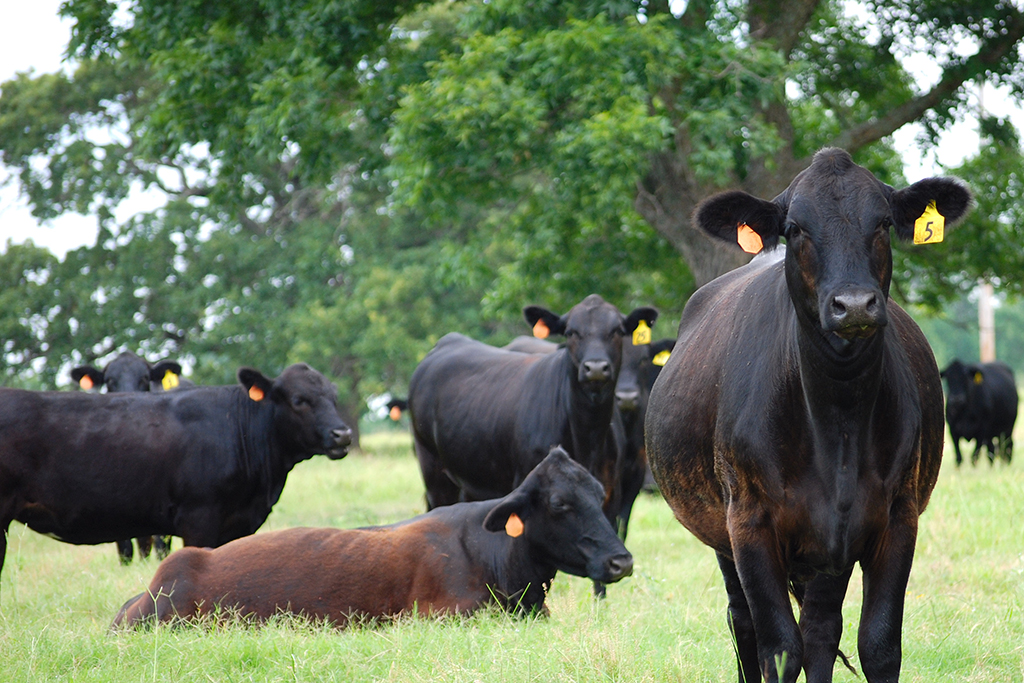Many would be aware that the Australian Federal Government has maintained a clear commitment to fair and open international trade. However, that is not an absolute commitment and is subject to some exceptions that allow Australia to impose measures to protect its legitimate national interests. Those exceptions are often expressly set out in Australia’s Free Trade Agreements.
The ability to impose these measures is consistent with World Trade Organisation (WTO) Agreements such as the WTO Agreement on Sanitary and Phytosanitary (SPS) Measures. The SPS Agreements underscore the Australian biosecurity regime, largely administered by the Department of Agriculture, Fisheries and Forestry (DAFF), which has, on occasion, been challenged by other countries at the WTO.
The Australian biosecurity regime relating to beef imports from the US has been a contentious issue between the US and Australia for many years. In recent public comments aimed at rationalising the new US tariff measures, US officials, including President Trump, claimed that Australia’s ban on imported US beef was unfair, especially as Australian beef exports had access to the US market. The ban was cited as one reason for imposing tariffs on Australian exports to the US, despite Australia having a trade deficit and a free trade agreement with the US in place.
The perception that Australia had an absolute ban on US beef exports is not entirely accurate. Although the US has been able to export beef to Australia since 2019, beef raised in Canada or Mexico before being processed in the US was banned due to biosecurity controls, as such imports could be the source of diseases such as mad cow disease. One of the concerns was that there were weaknesses in the livestock tracking system, which meant that potentially diseased cattle from Canada and Mexico could not be conclusively identified and removed from the stock of beef being exported.
The Australian biosecurity arrangements for beef exported from the US had been the subject of a long–term risk assessment review (Review) by DAFF. The outcome of the Review is to remove the general ban and to replace it with new health certification and import permit conditions which are consistent with Australia’s biosecurity agenda and will prevent the introduction of diseases and other national threats. The timing of the release of the Review has raised some questions as to whether it was a tactical decision by the Australian government during negotiations to reduce or remove the tariffs already imposed by the US and those that may be imposed in the future. However, the Australian government has maintained the position that the release of the Review has no relationship to those tariff negotiations with the US.
The local response to the Review has suggested that it is unlikely to affect Australian beef producers as:
- 99% of beef consumed in Australia are from Australian sources;
- the high demand for beef in the US, including Australian beef and imports from other countries, leaves little US beef for export to Australia;
- the US cattle herd are at record lows, and
- the perception is that Australian consumers will prefer Australian beef over US beef.
Even so, there is the potential that cost-conscious consumers, such as fast-food stores, may prefer less expensive US beef. The ultimate effect of the new biosecurity regime for US beef imports will be reflected in future trade statistics.
While some Australian groups have called for a science–based consideration of the outcome of the Review, the Australian government seems determined to proceed with the new biosecurity arrangements, as applications for new permits are reported to open on 28 July 2025.
DAFF has also issued a report that included consideration of Canadian beef imports and recommended approval for direct access for Canadian beef for the first time, subject to similar terms and conditions that apply to US beef imports. This decision was based, in part, on the existence of Radio-Frequency Identification (RFID) tags and ear tattoos confirming the Canadian origin of the beef, as well as official health certification by a vet. Again, the general view seems to be that direct access will not adversely affect the Australian industry.
Of course, this issue is only one of the many issues affecting the trade relationship between Australia and the US. There are only a few sleeps before 1 August 2025 when we are told by the US of its other plans for its tariff regime.
Contact us
If you would like to find out more information about the relaxed biosecurity restrictions on imports of US and Canadian beef and its potential impacts, please contact a member of our Customs & Trade team.
| Disclaimer: This publication contains comments of a general nature only and is provided as an information service. It is not intended to be relied upon, nor is it a substitute for specific professional advice. No responsibility can be accepted by Rigby Cooke Lawyers or the authors for loss occasioned to any person doing anything as a result of any material in this publication.
Liability limited by a scheme approved under Professional Standards Legislation. © 2025 Rigby Cooke Lawyers |
